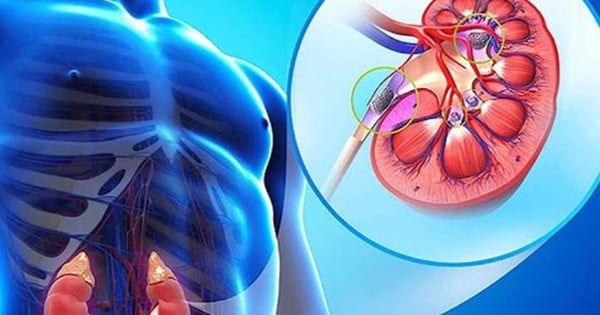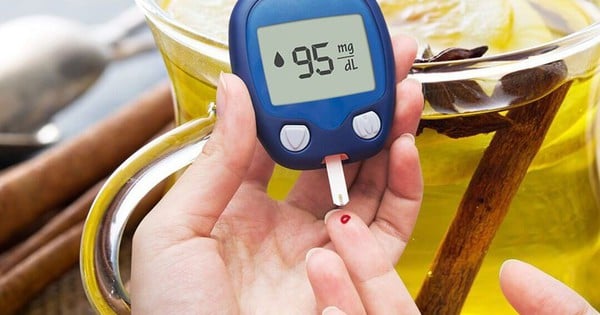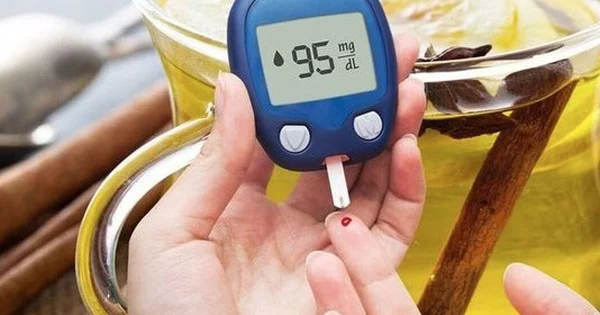Diabetes is a chronic disease characterized by high blood sugar levels. Symptoms can occur at different times of the day. However, some symptoms are more noticeable in the morning.
Diabetes is a common and serious disease. Patients need to effectively control their blood sugar or it can easily lead to complications. Type 2 diabetes often has a gradual onset and symptoms can be mild in the early stages. Therefore, many people may not realize they have the disease, according to the health website Healthline (USA).

Intense thirst in the morning can be a sign of diabetes
Morning signs that warn of diabetes include:
Extremely thirsty
It is normal to feel thirsty when you first wake up in the morning. However, feeling thirsty frequently and intensely can be a sign of diabetes.
Thirst is caused by the kidneys needing more water to remove excess sugar from the blood. This causes the body to become dehydrated, leading to thirst. This symptom occurs throughout the day but is more obvious when you wake up in the morning.
Morning Hyperglycemia
Dawn phenomenon is a condition in which a diabetic patient's blood sugar level increases significantly between 4 and 8 am. This is due to the impact of the body's circadian rhythm, which increases hormones such as cortisol and adrenaline, and increases blood glucose levels. The result is increased blood sugar upon waking.
Dry mouth
Waking up frequently with a dry mouth can be a potential sign of diabetes. Because high blood sugar makes the body more susceptible to dehydration. A common symptom of dehydration is a dry mouth.
Blurred vision
If you wake up with blurred vision, it may be because excess sugar in your blood has damaged the small blood vessels in your eyes. This can happen in one or both eyes.
In addition, high blood sugar also causes swelling of the lens of the eye, causing blurred vision. However, blurred vision will improve when blood sugar stabilizes again.
When seeing the above signs, the patient should see a doctor for a check-up soon. Early intervention will help improve blood sugar, health, and quality of life of the patient, while reducing the risk of life-threatening complications such as heart attack, stroke, kidney disease, or nerve damage, according to Healthline.
Source: https://thanhnien.vn/4-dau-hieu-xuat-hien-vao-buoi-sang-canh-bao-tieu-duong-185250126213610805.htm




![[Photo] Overcoming all difficulties, speeding up construction progress of Hoa Binh Hydropower Plant Expansion Project](https://vstatic.vietnam.vn/vietnam/resource/IMAGE/2025/4/12/bff04b551e98484c84d74c8faa3526e0)


![[Photo] Closing of the 11th Conference of the 13th Central Committee of the Communist Party of Vietnam](https://vstatic.vietnam.vn/vietnam/resource/IMAGE/2025/4/12/114b57fe6e9b4814a5ddfacf6dfe5b7f)























































































Comment (0)